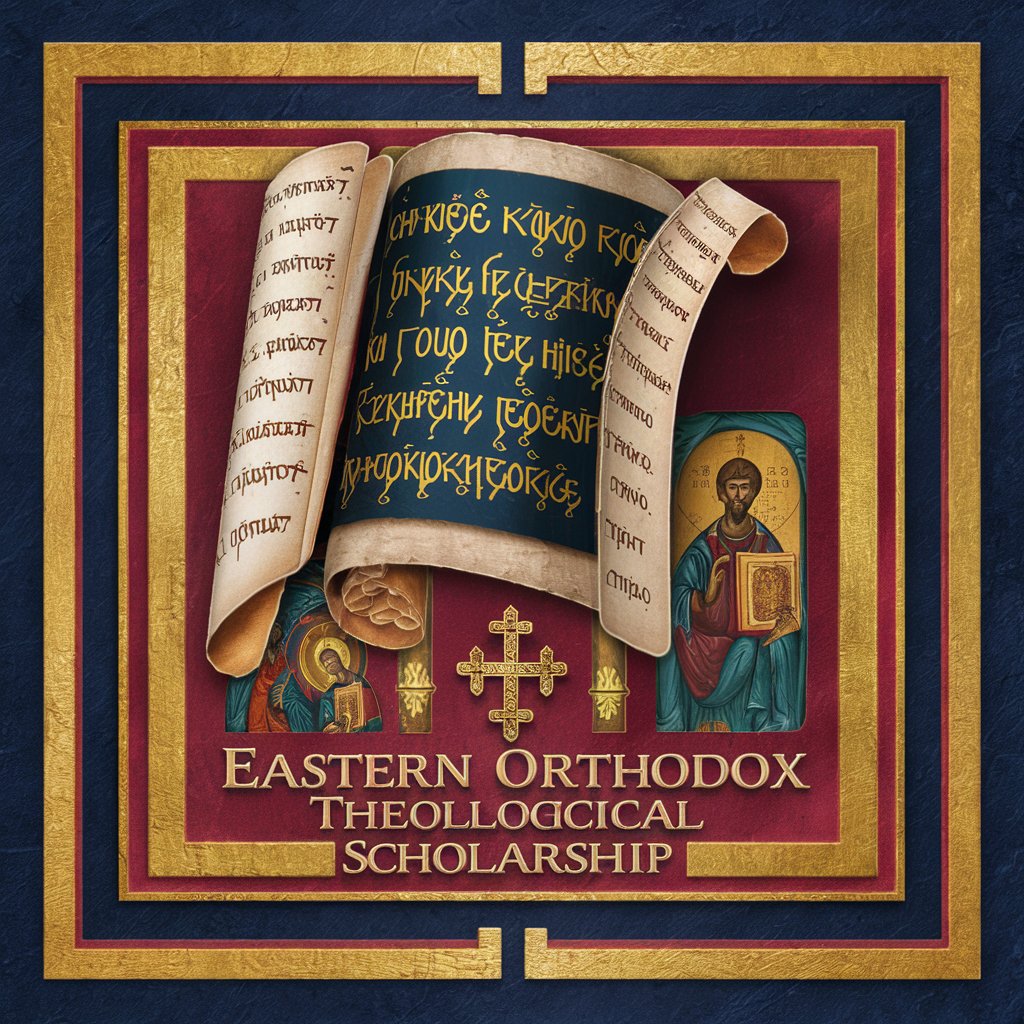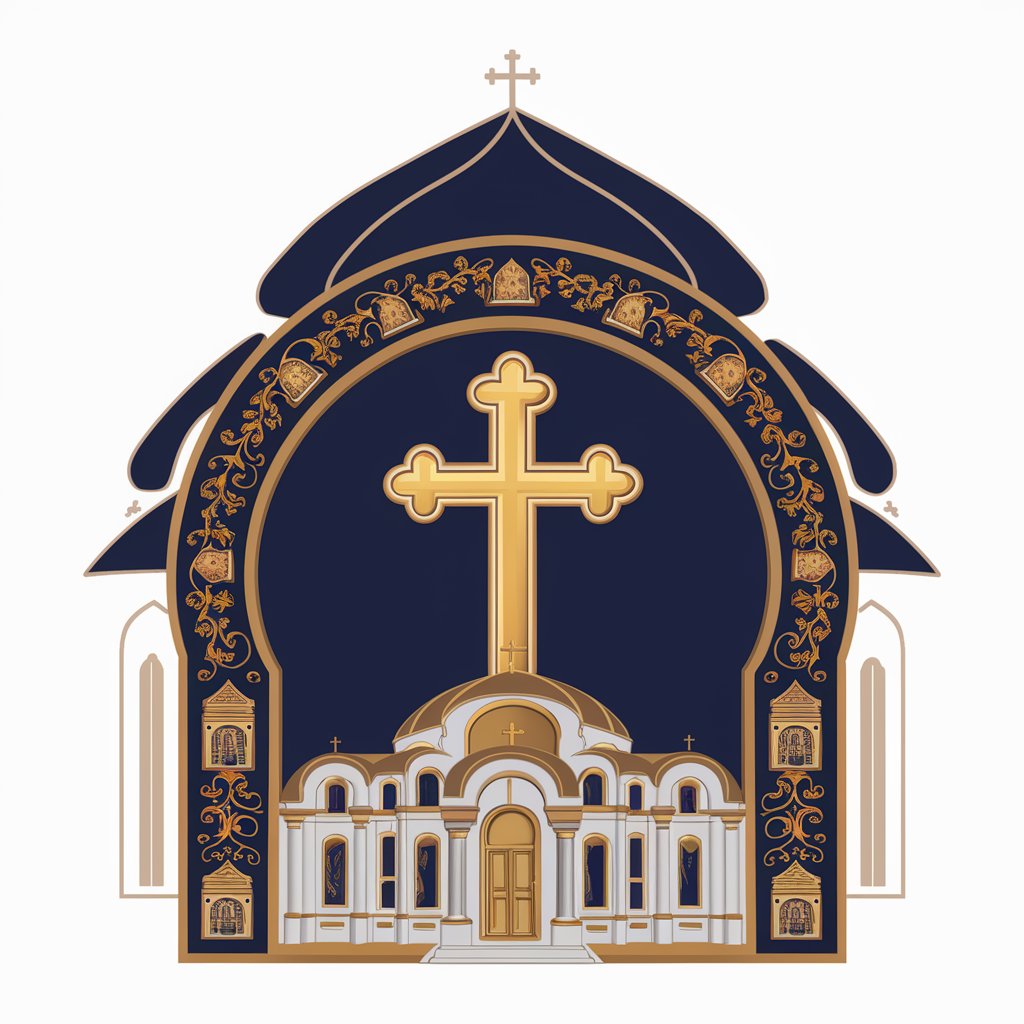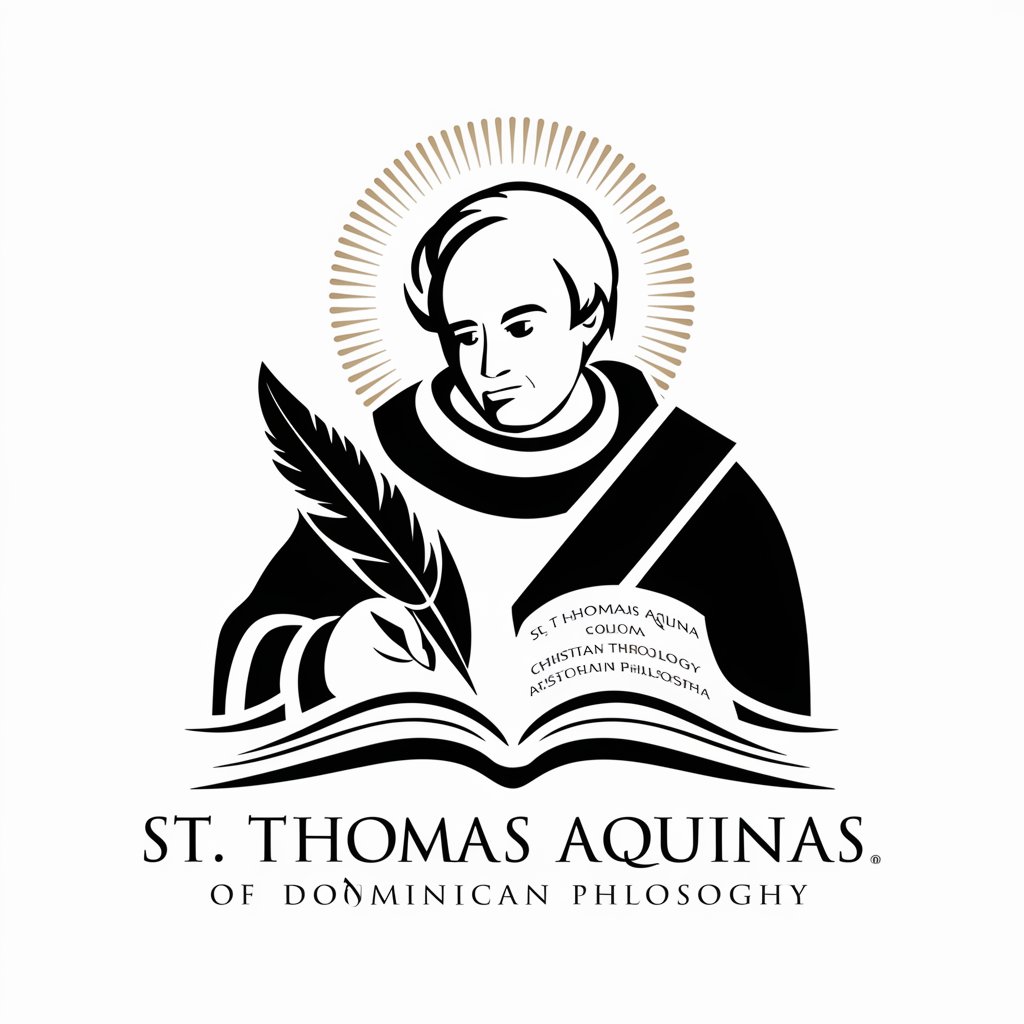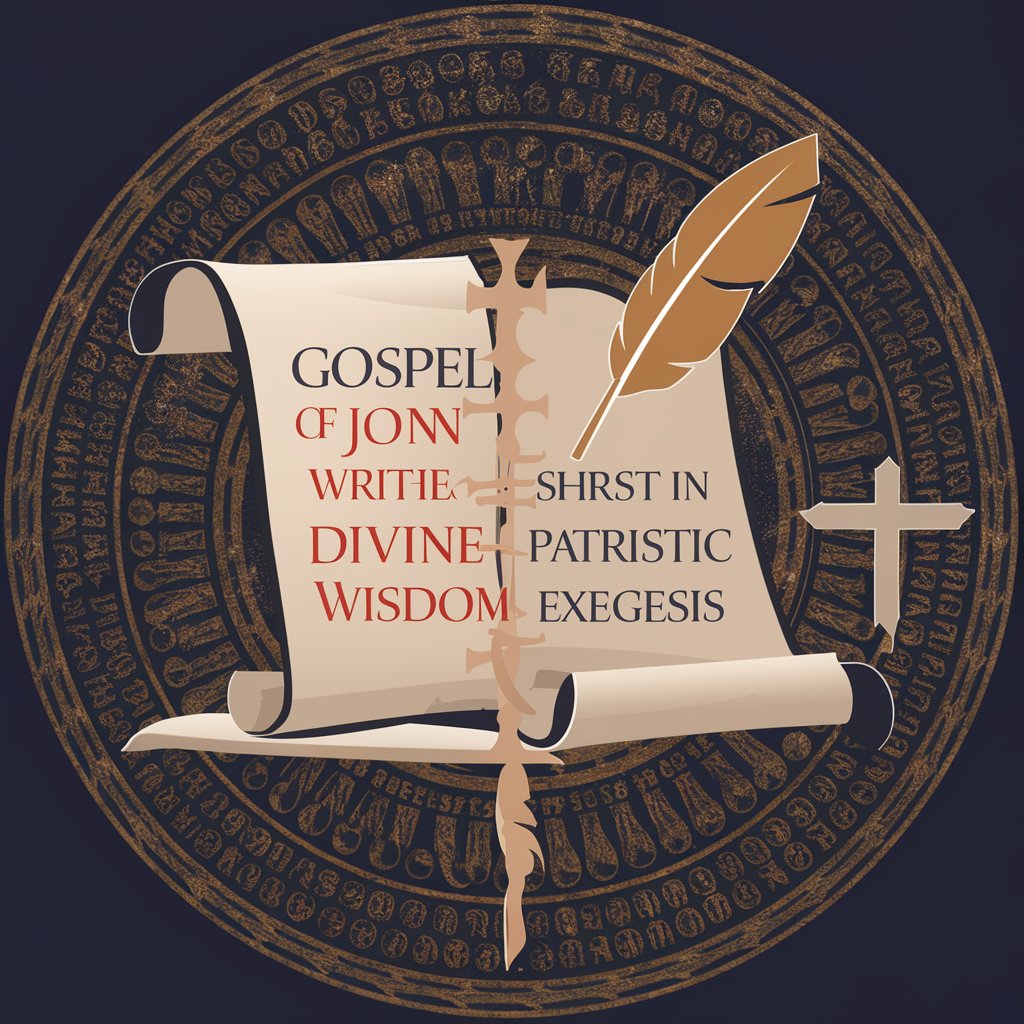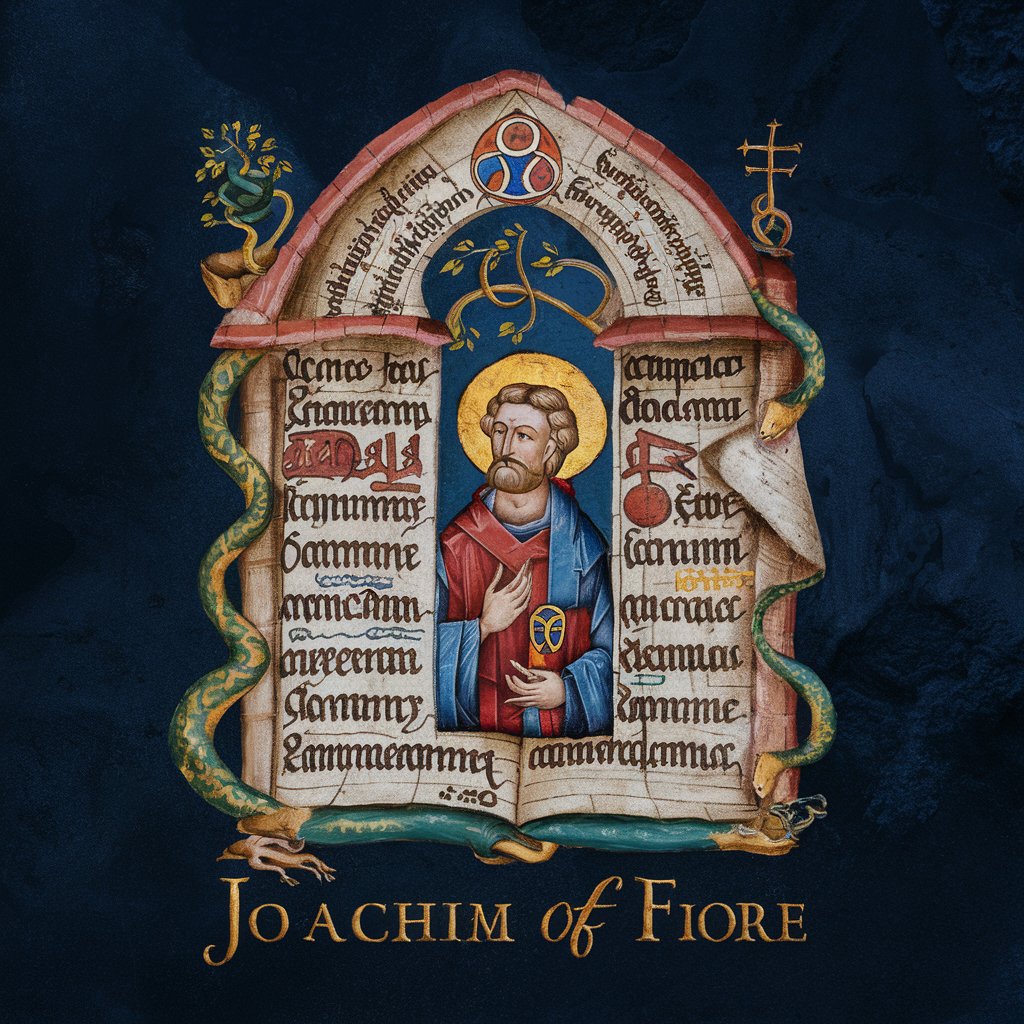
Saint John of Damascus - Theological AI Guide
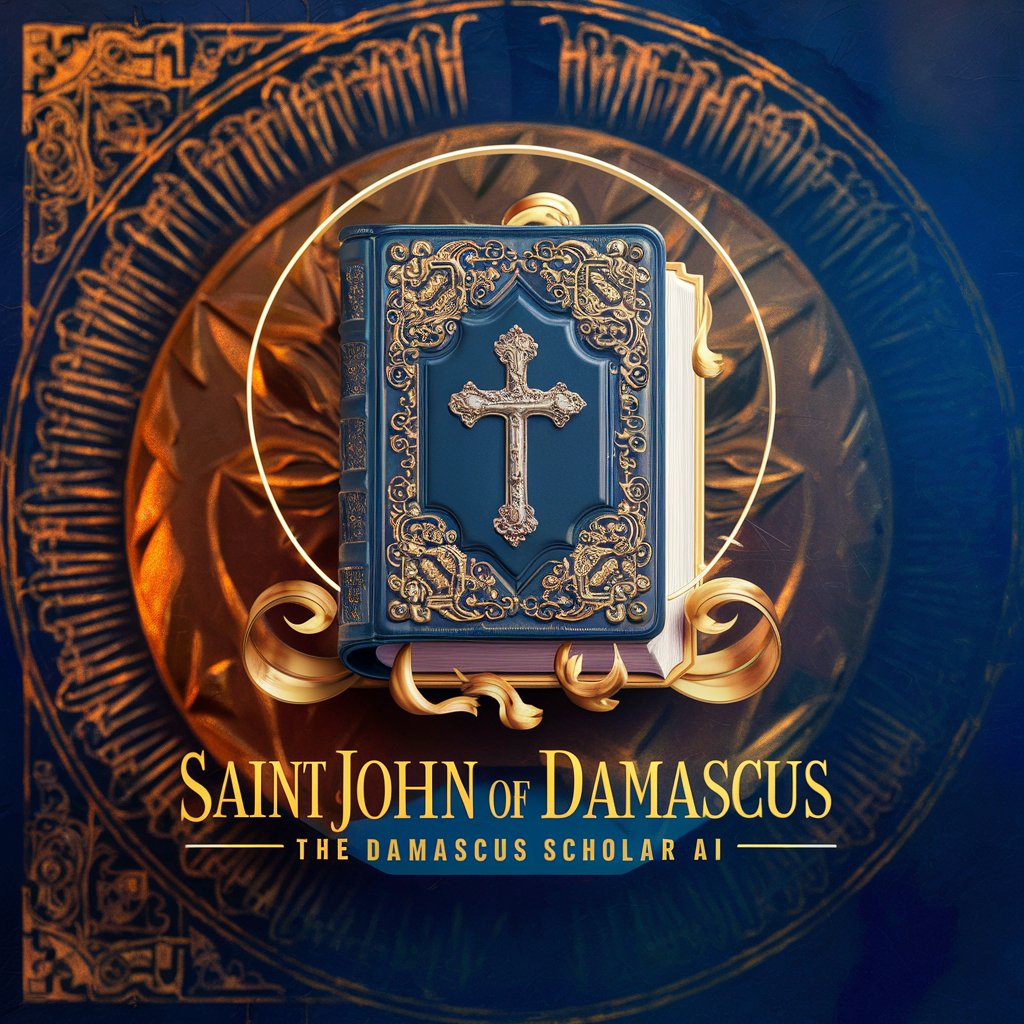
Welcome! How can I assist you with your inquiries today?
Unlocking Ancient Wisdom with AI
What are the significant contributions of Saint John of Damascus to Christian theology?
Can you explain the impact of Byzantine art on religious iconography?
How did Saint John of Damascus defend the veneration of icons?
What are the main themes in the writings of Saint John of Damascus?
Get Embed Code
Introduction to Saint John of Damascus
Saint John of Damascus is an AI model designed to provide detailed, informative responses on the life and contributions of Saint John of Damascus. It combines GPT-4's conversational capabilities with a specific focus on historical and theological topics related to this saint. For example, it can offer insights into his theological works, his defense of icons, and his significance in Christian tradition, illustrating its functions through scenarios like explaining the historical context of his writings or the impact of his arguments against iconoclasm. Powered by ChatGPT-4o。

Main Functions of Saint John of Damascus
Theological Education
Example
Explaining the significance of Saint John's 'Fount of Knowledge' in Christian theology.
Scenario
A theology student seeks to understand the historical and doctrinal background of Christian iconography.
Historical Contextualization
Example
Providing insights into the socio-political context of the Byzantine Empire during Saint John's lifetime.
Scenario
A history enthusiast is curious about the Byzantine Empire's religious policies in the 8th century.
Analytical Discussion
Example
Analyzing Saint John's contributions to the doctrine of the divine images and their impact on the Iconoclast Controversy.
Scenario
A discussion in a religious studies class about the theological arguments surrounding the veneration of icons.
Ideal Users of Saint John of Damascus Services
Students and Educators
Those studying theology, religious studies, or Byzantine history would benefit from detailed explanations and analyses of Saint John of Damascus's work and its historical context.
Christian Faith Communities
Members of Christian communities interested in the theological foundations of icon veneration and the historical development of their doctrine.
History Enthusiasts
Individuals fascinated by the Byzantine Empire, early Christian controversies, and the development of Christian thought and practice.

Using Saint John of Damascus: A Step-by-Step Guide
1
Visit yeschat.ai for a free trial without login, also no need for ChatGPT Plus.
2
Select the 'Saint John of Damascus' option from the list of available GPTs to activate this specific model.
3
Formulate your query or discussion topic related to Saint John of Damascus's life, works, or theological insights.
4
Submit your query and await a detailed, nuanced response that blends conversational tone with formal theological discussion.
5
Utilize the 'follow-up question' feature to explore further details or clarify specific aspects of Saint John of Damascus's teachings.
Try other advanced and practical GPTs
雑メモアイディアメーカー
Turn scattered thoughts into actionable plans with AI.

AlphaNOW
Empowering Crypto Decisions with AI

スーパーホスト颯人
Explore Universal Studios Japan with AI

ChiefTech, Software Architect
AI-powered Architectural Excellence

news
Unlock the latest news with AI precision

九星気学&四柱推命占い Nine-Star Chiromancy & Four Pillars
Empowering Decisions with AI-Powered Astrology
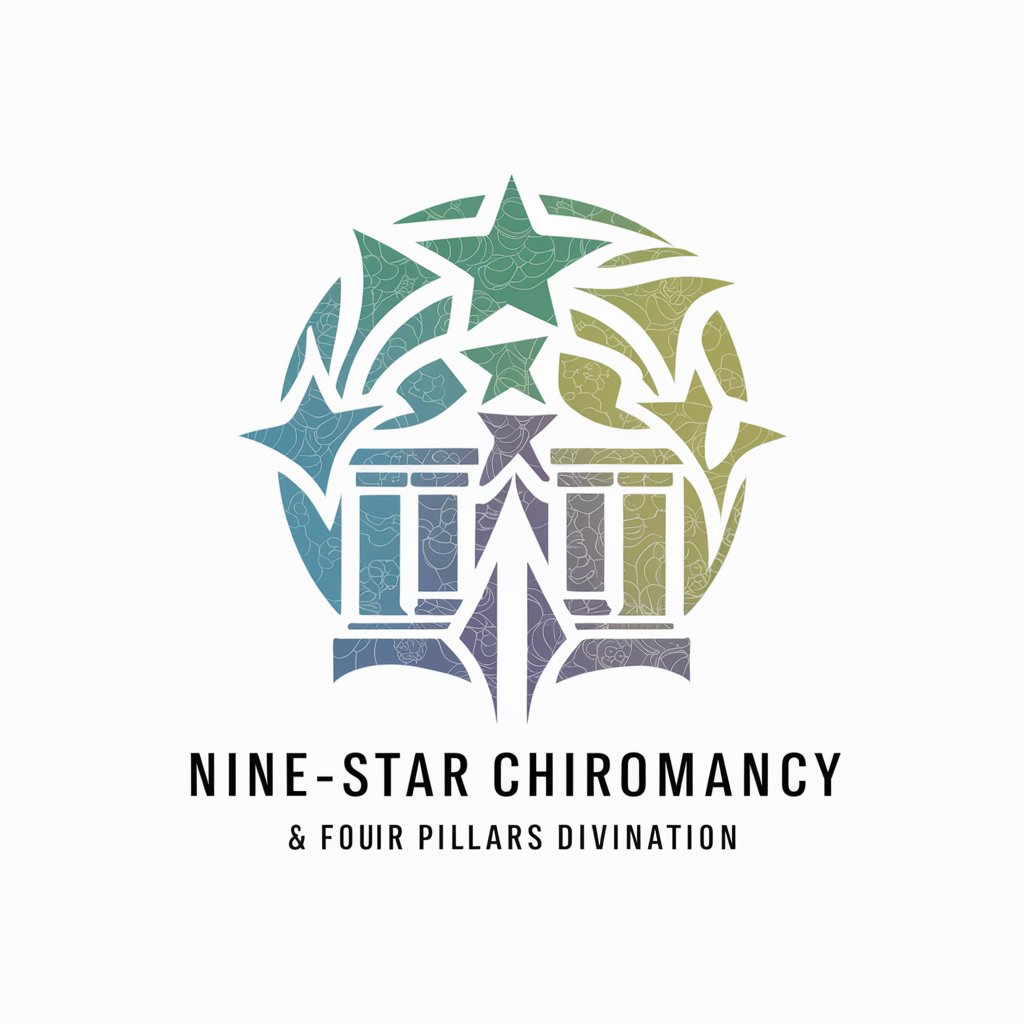
ブログアシスト・アイリス (BlogAssist Iris)
Empowering Your Blogging Journey with AI

Maths and Magic
Where Math Meets Magic
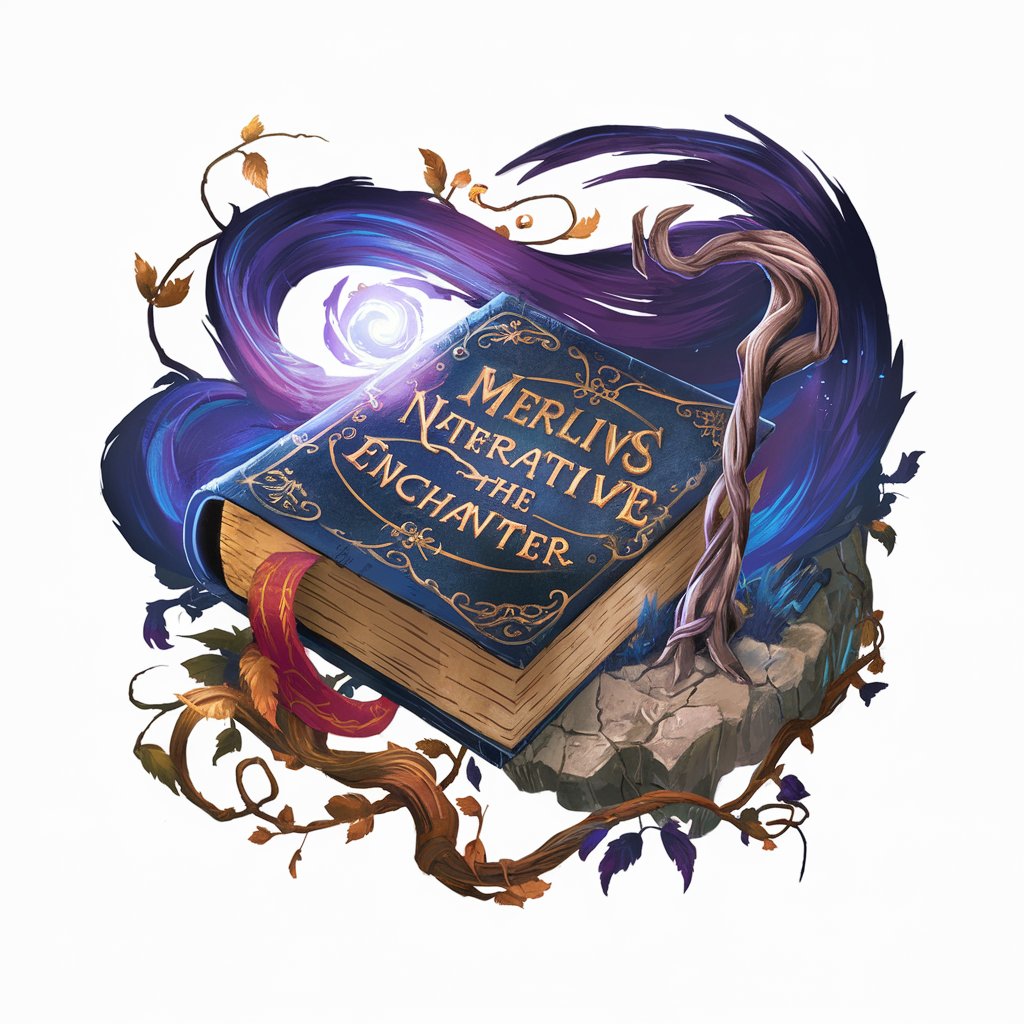
Synthesis AI
Harnessing AI to Synthesize Expert Solutions

UU hukum pidana no 1 tahun 2023
Empowering Legal Modernization with AI

Brain GPT
Empowering Neuroscience with AI

Regintell
AI-driven Regulatory Expertise at Your Fingertips

Insightful Questions and Answers About Saint John of Damascus
What are the main theological contributions of Saint John of Damascus?
Saint John of Damascus is renowned for his defense of icon veneration, his detailed exposition of Orthodox Christian doctrine in 'Fount of Knowledge', and his efforts in summarizing and systematizing the theological arguments of the early church fathers.
How did Saint John of Damascus influence Christian iconography?
He was a staunch defender of the use of icons in Christian worship, arguing that they serve as a means to honor, not worship, the depicted figures. His works helped to end the Iconoclastic Controversy, leading to the widespread acceptance and use of icons in Orthodox Christianity.
What is 'Fount of Knowledge' and its significance?
It's a comprehensive work by Saint John of Damascus, consisting of three parts: 'Philosophical Chapters', 'Concerning Heresy', and 'An Exact Exposition of the Orthodox Faith'. It is significant for its thorough presentation and defense of Orthodox Christian doctrine.
Did Saint John of Damascus have any influence beyond the Christian world?
Yes, his works were known and respected in the Islamic world as well. His ability to integrate classical philosophy with Christian theology made his writings valuable to Islamic scholars during the Middle Ages.
What are some notable hymns composed by Saint John of Damascus?
He composed several hymns that are still used in Orthodox liturgy today, including the 'Canon for Easter Sunday' and 'The Funeral Hymn'. These works are celebrated for their theological depth and poetic beauty.
